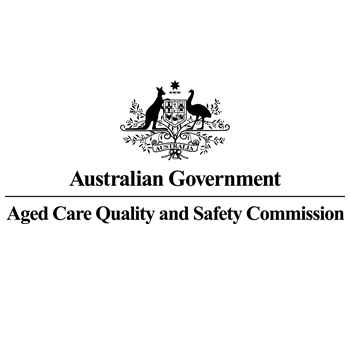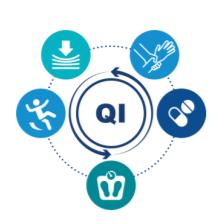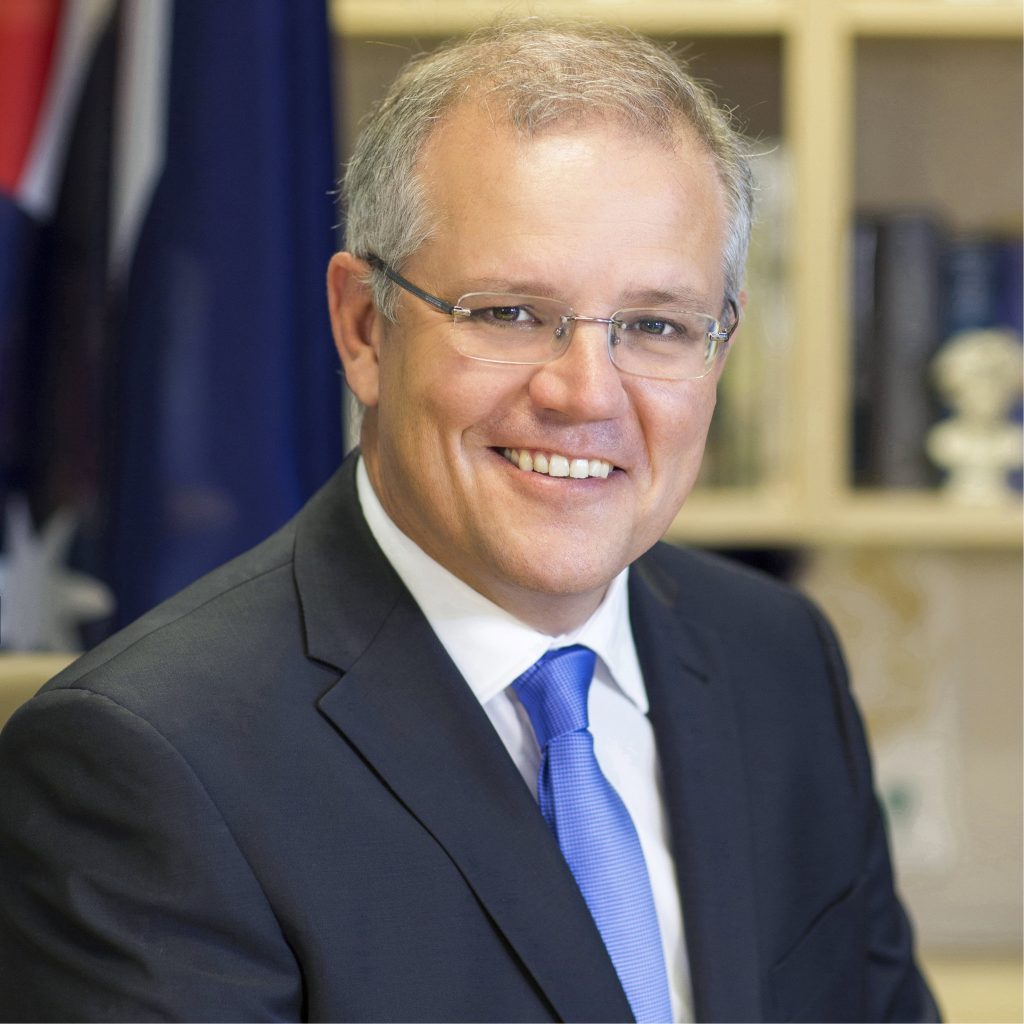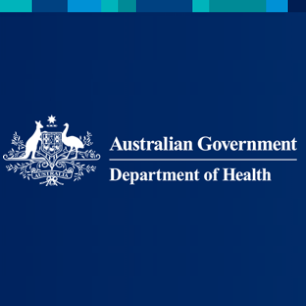Mandatory Vaccinations for Aged Care Workers
The National Cabinet agreed to mandate that at least the first dose of COVID-19 vaccine be administered by mid-September 2021 for all residential aged care workforce.
The National Cabinet agreed that COVID-19 vaccinations are to be mandated for residential aged care workers as a condition of working in an aged care facility through shared state, territory and Commonwealth authorities and compliance measures.
This is the third time AHPPC has considered this matter. They will continue to look at the issue to ensure we do not encounter any unintended consequences as an outcome of this decision.
The Commonwealth will support this decision though an employee vaccination support grant.
Residential Aged Care COVID-19 Employee Vaccination Support Grant
Residential aged care workers will be supported to be vaccinated through an $11 million program to enable them to attend off-site vaccination centres and GPs.
Under the grant, Residential Aged Care Facilities (RACFs) will be paid for the following three categories of eligible expenditure:
• Casual staff going off-site for vaccination – a flat fee of $80 payable per staff member, per dose;
• Paid leave for casual staff who become unwell after vaccination and do not have other leave entitlements – one day’s paid leave (at a rate of $185) for up to a quarter of the provider’s total number of casual staff; and
• Facilitation of off-site vaccination for employees – up to $500 per site in flexible vaccination facilitation costs per site, which may be used for activities like: transport services, arranging groups of staff to be vaccinated and or any other reasonable expenses that incentivise staff to get vaccinated.
Read more:
MEDIA STATEMENT: 28 Jun 2021








